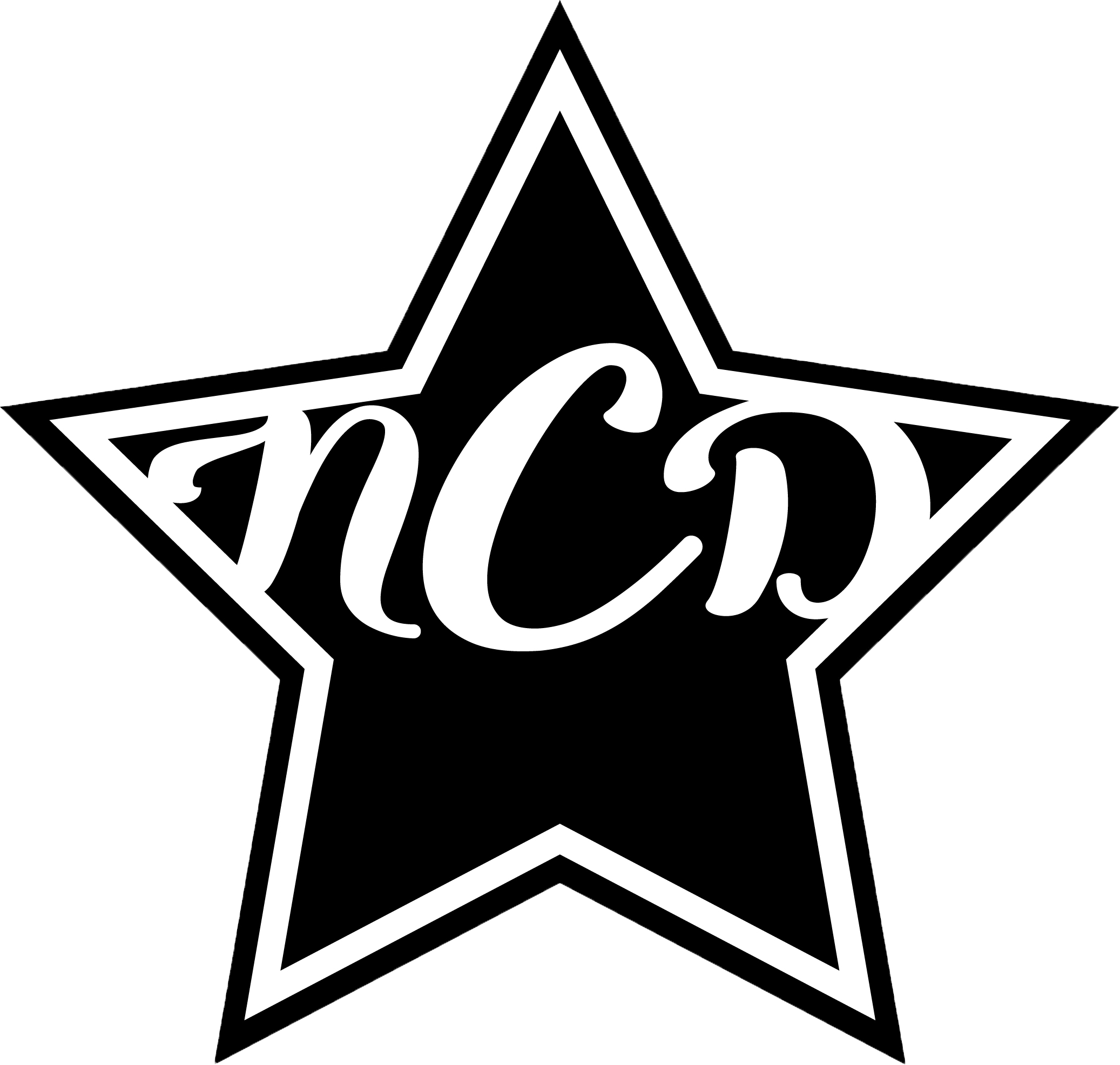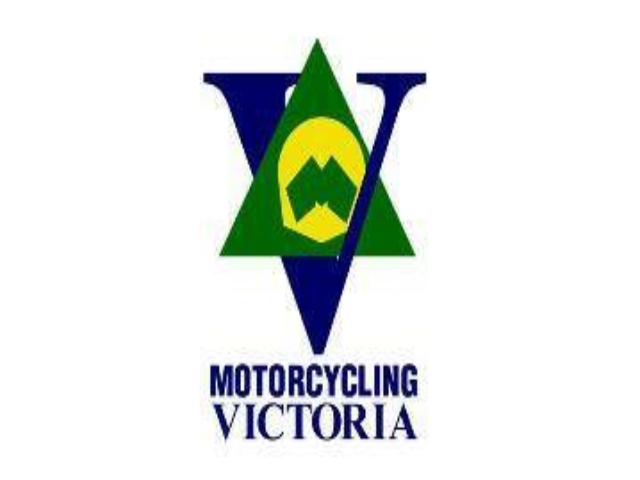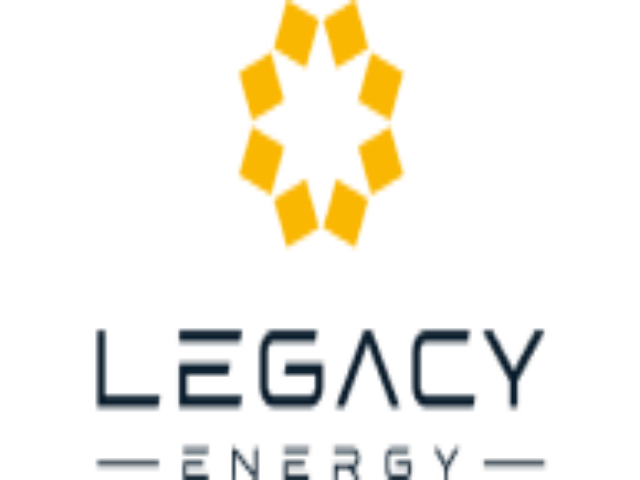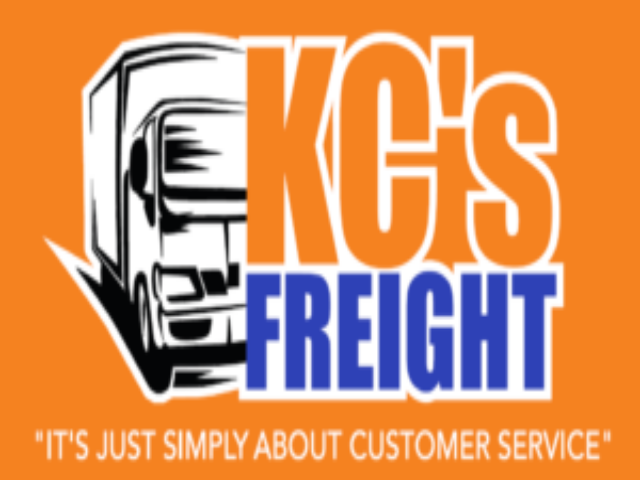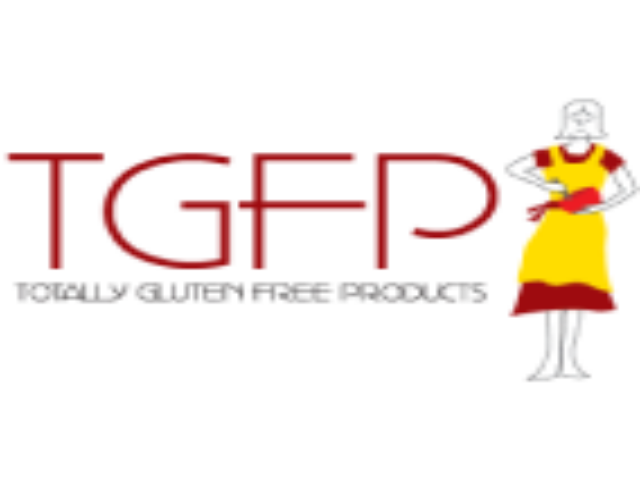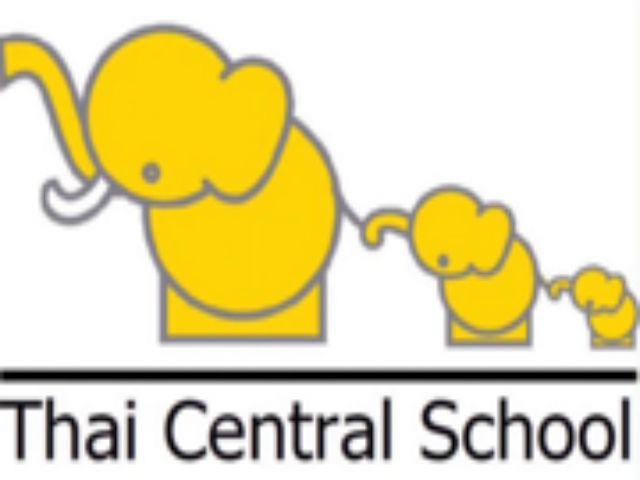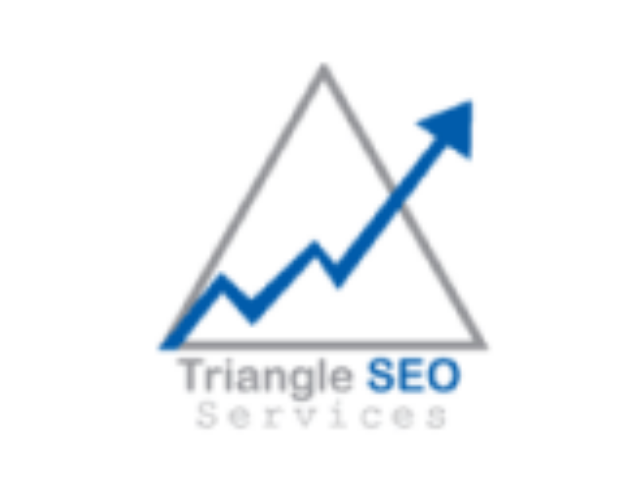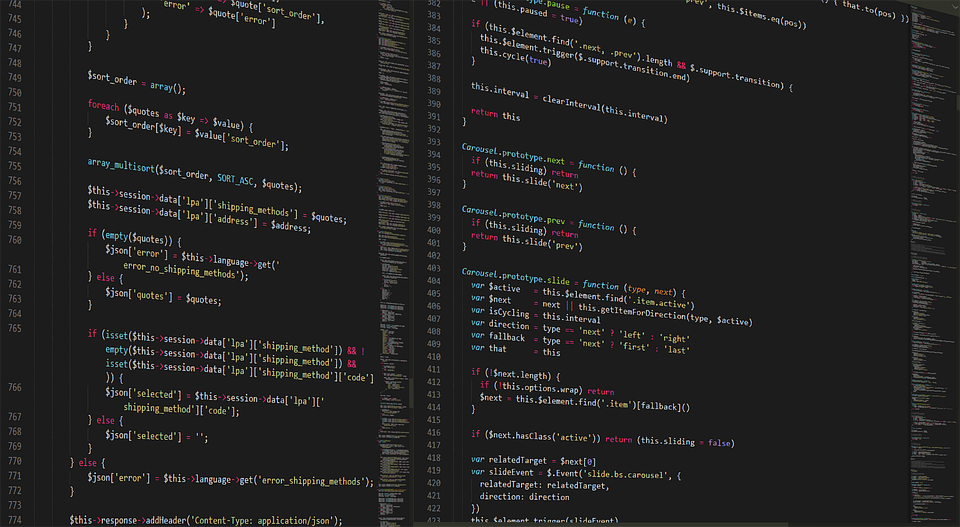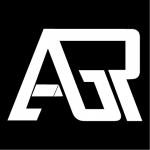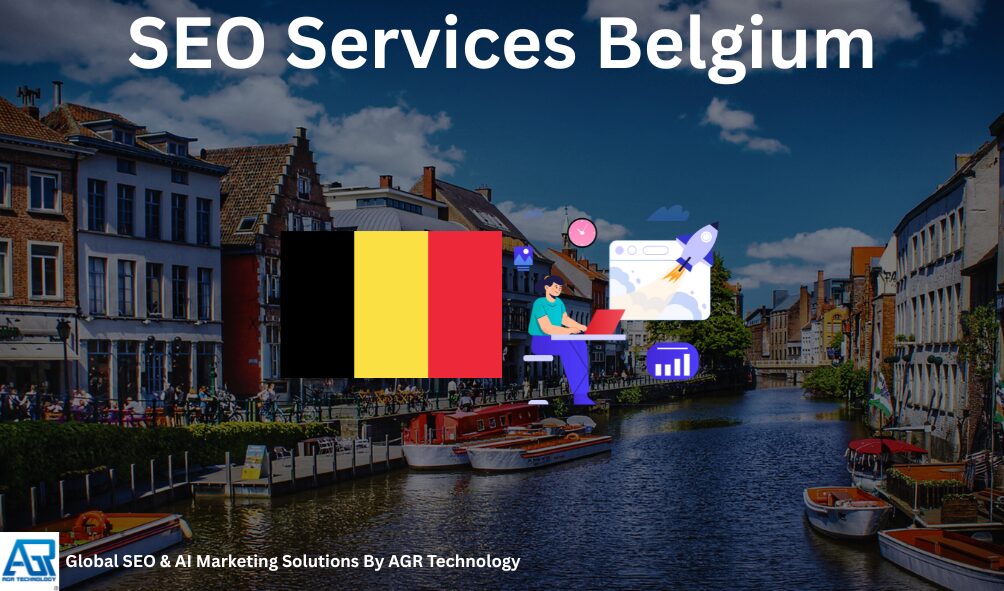
Belgium searches decide who gets seen and who gets skipped. We help brands rank higher and win more clicks with SEO that fits the Belgian market. Our team blends local expertise with multilingual strategy in Dutch French and English. We target Brussels Antwerp Ghent and every niche in between so your ideal customers find you first.
In this guide we share how we plan and execute SEO that drives real growth. We cover smart audits on page fixes technical strength local visibility and clean link building. We use data to guide every move and we stay aligned with GDPR. If you want predictable traffic steady leads and stronger authority in Belgium we show you the path.
Book a free consultation call with AGR Technology to see how we can help scale your brand with proven SEO strategies
Reviews from some of our happy customers:
Supporting businesses of all sizes to get ahead with digital solutions
Why work with us?
Understanding The Belgian SEO Landscape

Belgium’s search behavior shapes how we design SEO services Belgium. We align technical SEO, content strategy, and local SEO Belgium to match real user patterns across regions and languages.
Search Engine Usage And Trends
Belgian SEO relies on Google’s market share, so we optimize for Google SERP features, Maps, and Core Web Vitals. We track device trends, since mobile search drives most consumer queries in cities like Brussels, Antwerp, and Ghent.
- Prioritize Google visibility, target local pack rankings for Brussels, Antwerp, and Ghent.
- Optimize speed, pass Core Web Vitals on key templates, improve LCP, INP, and CLS for mobile.
- Structure content, deploy schema for Organization, LocalBusiness, Product, and FAQ to win rich results.
- Align privacy, implement GDPR compliant consent tracking, respect cookie rules for analytics accuracy.
- Build authority, secure Belgian backlinks from .be domains, news outlets, and sector bodies.
We base technical criteria on Google Search Central guidelines, and we align privacy controls with the European Commission’s GDPR framework.
Talk with AGR Technology about Belgian SEO, and get a quick audit to identify opportunities.
Multilingual And Regional Considerations
Belgium’s three-language environment changes keyword intent, so we plan multilingual SEO and regional landing pages for Flanders, Wallonia, and Brussels.
- Localize keywords, map Dutch, French, and German variants with regional search intent examples like “loodgieter Antwerpen”, “plombier Bruxelles”, “schreiner Eupen”.
- Deploy hreflang, use x-default and regional tags for nl-BE, fr-BE, and de-BE to prevent cannibalization.
- Align content, write region-first pages for Antwerp, Ghent, Liège, Charleroi, and Leuven with unique offers and citations.
- Standardize NAP, maintain Google Business Profile in Dutch, French, and English, and mirror categories and services per locale.
- Collect reviews, encourage native-language reviews and merchant responses to boost local pack relevance.
- Tailor link building, earn mentions from regional chambers, city directories, and industry associations in each language.
- Refine UX, translate navigation, forms, and error states, and keep currency, delivery, and legal pages in locale.
We integrate ecommerce SEO and B2B lead gen with multilingual content, and we measure by region and language using clean consented analytics.
Book a strategy call with AGR Technology, and let’s map your multilingual SEO plan for Belgium with hreflang, localized content, and regional link building.
Core SEO Services In Belgium

We align AGR Technology’s SEO services to Belgium’s multilingual search, mobile usage, and GDPR requirements. We target growth across Brussels, Antwerp, and Ghent with measurable outcomes.
Technical SEO And Audits
- Audit crawl health, index coverage, robots.txt, XML sitemaps, hreflang, canonical tags.
- Fix Core Web Vitals across LCP, INP, CLS with Lighthouse and field data.
- Clean JavaScript rendering issues, duplicate paths, parameter bloat.
- Map language architecture for fr, nl, de with separate URLs and x-default.
- Validate GDPR consent flows, analytics tagging, and data retention.
- Track errors with log file analysis, Search Console, and server metrics.
On-Page And Content Optimization
- Research keywords by region, language, and intent across FR, NL, DE.
- Localise metadata, headings, and copy with native phrasing, not direct translation.
- Structure content with entities, FAQs, and featured snippet formats.
- Improve internal links with topic clusters and multilingual silos.
- Measure impact with GA4, Search Console, and content testing.
Link Building And Digital PR
- Secure Belgian backlinks from news, chambers, universities, and industry bodies.
- Pitch data stories, local studies, and expert quotes to FR and NL media.
- Build citations across Belgian directories, trade associations, and events.
- Diversify anchors, placements, and languages to reduce risk.
- Monitor referring domains, topical relevance, and link velocity.
Local SEO For Cities And Regions
- Optimize Google Business Profile for Brussels, Antwerp, Ghent, Bruges, Liège.
- Standardise NAP across French, Dutch, and German listings.
- Produce city pages with unique value, service coverage, and FAQs.
- Collect and respond to reviews in the customer’s language.
- Track local pack rankings, calls, and direction requests.
E-Commerce SEO
- Optimise Shopify, WooCommerce, and Magento for speed, crawl depth, and filters.
- Mark up products with schema for price, availability, and ratings.
- Localise catalogs, size guides, and returns info for FR, NL, DE shoppers.
- Build category hubs and buyer guides that match commercial intent.
- Fix faceted navigation with noindex rules, canonicals, and feeds.
- Integrate Merchant Center, performance max feeds, and SEO feed attributes.
The SEO Process: From Audit To Ongoing Optimization

We run a clear, repeatable process that fits SEO services in Belgium. We keep it transparent, multilingual, and GDPR compliant from day one.
Research And Strategy
- Map current visibility across Brussels, Antwerp, and Ghent, then benchmark against local competitors and EU SERPs.
- Build a multilingual keyword universe in French, Dutch, and German, then segment by intent across funnels.
- Align page targets with hreflang and canonical rules, then prevent cannibalisation across language variants.
- Model technical priorities from a full audit, then address crawl depth, Core Web Vitals, and indexation gaps.
- Structure content hubs for Belgian topics, then link clusters with schema markup and internal anchors.
- Plan digital PR and link acquisition with Belgian publishers and industry directories, then diversify anchors and sources.
- Set analytics foundations in GA4 and Search Console, then define KPIs for traffic, rankings, leads, and revenue.
- Document GDPR controls across consent, cookies, and data retention, then validate tracking with Tag Manager.
Implementation And Tracking
- Fix technical issues across speed, mobile UX, lazy loading, and structured data, then ship changes through your CMS or Git.
- Optimize on-page elements across titles, meta descriptions, H1s, and internal links, then roll out by language.
- Publish content briefs for service pages, location pages, and blog resources, then localize tone and terminology.
- Deploy hreflang tags across all language-country pairs, then validate with Search Console and server logs.
- Enhance local SEO with Google Business Profile, citations, and NAP consistency, then collect and manage reviews.
- Launch link outreach to Belgian news sites, chambers, and niche forums, then monitor link quality and toxicity.
- Configure events and conversions in GA4 and Tag Manager, then track form fills, calls, and checkout steps.
- Monitor rankings with geo-targeted tracking for Belgium and by city, then segment by device and language.
Reporting And Continuous Improvement
- Report outcomes in Looker Studio across rankings, organic sessions, conversions, and assisted revenue, then break down by city and language.
- Review content performance by topic cluster and intent stage, then refresh pages with declining clicks.
- Test page templates, CTAs, and internal link blocks, then improve conversion rate without adding ad spend.
- Iterate on Core Web Vitals with ongoing image, script, and cache updates, then validate with field data.
- Expand link equity with fresh Belgian placements and digital PR, then disavow risky domains when needed.
- Maintain local presence with GBP posts, Q&A, and services, then update holiday hours and service areas.
- Update compliance with cookie consent and data policies, then re-check tags after site changes.
- Prioritise next sprints with a living roadmap and clear owners, then ship updates on a consistent cadence.
How To Choose An SEO Partner In Belgium
Choosing an SEO partner in Belgium shapes growth across Brussels, Antwerp, and Ghent. Here’s how we assess fit for AGR Technology clients.
Evaluate Expertise And Case Studies
Pick experience that matches Belgian search and languages.
- Check multilingual delivery across Dutch, French, and German, and confirm hreflang mastery and canonical alignment.
- Check local SEO wins across Brussels, Antwerp, Ghent, and Liège, and confirm Google Business Profile growth and map pack entries.
- Check technical SEO depth across Core Web Vitals and crawl budget, and confirm fixes for speed, structured data, and internal linking.
- Check content outcomes across click growth and lead quality, and confirm keyword mapping and intent aligned templates.
- Check backlink quality across Belgian domains and media, and confirm topical relevance and clean anchor profiles.
Hire AGR Technology if you want a partner that builds multilingual SEO at enterprise standards.
Budget, Scope, And Contract Models
Match spend to outcomes with clear inclusions.
- Define goals across rankings, traffic, leads, and revenue, and lock KPIs and timelines in your scope.
- Define deliverables across audits, content, links, and local, and lock sprint plans and acceptance criteria.
- Define resources across pages, languages, and markets, and lock hours or points for each phase.
- Choose a model that fits your stage, and confirm change control and reporting cadence.
- Monthly retainer, for ongoing growth across technical, content, and links.
- Project based, for audits, site migrations, or multilingual rollouts.
- Hybrid, for roadmap ownership with project spikes.
Emerging Trends Shaping SEO Services In Belgium
Belgian search keeps moving fast, so we align strategy with what Google prioritizes now. We focus on multilingual intent, technical trust, and measurable outcomes for nl‑BE, fr‑BE, and de‑BE audiences.
AI, LLMs, And Search Experience
AI reshapes search discovery across queries, entities, and formats. We optimize for AI‑assisted results, if Google expands AI Overviews in the EU.
- Prioritize first‑hand expertise, because Google’s March 2024 core update targets low‑value content and link spam (Google Search Central, 2024).
- Build entity‑rich pages, because LLMs surface brands that map cleanly to topics, entities, and attributes.
- Structure answers for snippets, because concise Q&A blocks, lists, and tables feed AI summaries and Featured Snippets.
- Localize intent per language, because nl‑BE, fr‑BE, and de‑BE users phrase problems differently across industries, for example energy tariffs, logistics quotes, and medical bookings.
- Enrich product and service data, because LLMs and Google Merchant Center draw on clean feeds, GTINs, and availability.
- Activate content governance, because AI scale increases duplication risk and EEAT gaps across markets.
Use cases we deliver for Belgium:
- Launch multilingual topical hubs for Brussels, Antwerp, Ghent service areas, with hreflang alignment.
- Deploy editorial checklists that capture proof, for example photos, process data, and customer outcomes.
- Ship programmatic SEO for inventory, for example location pages, categories, and product variants with unique value.
Sources: Google Search Central March 2024 core update and spam policies, Google Helpful Content guidance.
Structured Data And Technical Enhancements
Technical accuracy drives visibility, especially across Core Web Vitals, schema markup, and privacy compliance under GDPR.
- Implement Consent Mode v2 across the EEA, because Google enforces it for ads and measurement from March 2024 (Google, 2024).
- Target Core Web Vitals that users feel, because INP replaces FID, and poor interaction tanks conversions (Google Chrome Developers, 2024).
- Use supported schema only, because Google limits FAQ rich results, and restricts self‑serving reviews since 2023 (Google, 2023).
- Localize structured data, because LocalBusiness, Organization, Product, and Service schemas need nl‑BE, fr‑BE, and de‑BE context.
- Validate hreflang pairs and canonicals, because mixed signals block correct language results and cause cannibalization.
- Migrate to server‑side tagging, because cookie consent and attribution depend on reliable tagging in the EEA.
- Optimize edge delivery, because faster LCP and stable CLS improve rankings and revenue on mobile.
Conclusion
Your growth in Belgium should feel predictable and scalable. With a clear plan and consistent action we turn SEO into a reliable channel that supports revenue and brand authority.
If you want a roadmap that fits your goals and your languages we’re ready to help. Book a quick strategy call or request a technical audit. We’ll map priorities set timelines and outline the exact actions needed to move the needle.
Let’s build visibility you can measure and trust.
Frequently Asked Questions
Why is SEO important in Belgium?
SEO builds predictable traffic, qualified leads, and brand authority in Belgium’s unique multilingual market. With Google holding 93.4% share and over half of searches on mobile, optimized, fast, and localized experiences are essential. Tailored strategies for Brussels, Antwerp, and Ghent help you rank where your customers search.
How does multilingual SEO work in Belgium?
Multilingual SEO targets Dutch, French, and German with localized keyword research, unique content per language, and hreflang tags. It prevents cannibalization, aligns pages with user intent, and ensures the right version appears in each region. Consistent structure, internal linking, and localized metadata are key.
What does a Belgian SEO audit include?
A Belgian SEO audit typically covers technical health (crawlability, Core Web Vitals), on-page structure, indexing, site architecture, schema, content gaps, local SEO, and GDPR compliance. It also checks hreflang, canonical rules, mobile UX, and analytics accuracy to map risks and prioritize fixes.
How does GDPR affect SEO?
GDPR impacts tracking, consent, and data retention. Compliant SEO setups use consent-based analytics, server-side tagging where needed, and transparent cookie policies. This preserves accurate attribution and user trust while keeping your site eligible for features like rich results and better crawl budgets.
What local SEO tactics work for Brussels, Antwerp, and Ghent?
Optimize Google Business Profiles, standardize NAP data, use city-specific landing pages, gather local reviews, earn local backlinks, and publish localized content. Add structured data, service areas, and multilingual listings. Track map-pack rankings, calls, and directions to measure real local outcomes.
What technical SEO actions matter most?
Fix Core Web Vitals, improve crawl depth, resolve indexation issues, implement clean URL structures, align hreflang and canonicals, add schema, compress media, and set up server-side tagging. Ensure mobile-first rendering is flawless and prioritize security (HTTPS) and accessibility.
How do you build authority with links in Belgium?
Secure relevant local backlinks from Belgian publications, chambers, universities, and industry associations. Use digital PR, thought leadership, and local sponsorships. Diversify anchor text, avoid spammy networks, and prioritize quality over volume. Aim for links that bring both ranking signals and referral traffic.
What KPIs should we track for Belgian SEO?
Track organic sessions, non-brand growth, rankings by language and city, map-pack visibility, conversions and revenue, lead quality, Core Web Vitals, index coverage, and backlink quality. Tie KPIs to commercial outcomes and report per language and location for clarity.
How long until we see SEO results?
Typical timelines: audit (2–4 weeks), technical fixes (4–8 weeks), content rollout (4–12 weeks), local improvements (2–6 weeks). Noticeable traction often appears in 3–4 months, with stronger results at 6–9 months. Competitive and multilingual projects may take longer.
How much does SEO cost in Belgium?
Budgets vary by goals, languages, and complexity. Common ranges: audits, local SEO, multilingual SEO, e-commerce SEO, link building, and enterprise SEO are priced by scope and deliverables. Expect retainers or fixed-scope projects with transparent inclusions and KPIs.
How do you optimize for mobile-first in Belgium?
Prioritize speed, responsive design, clean navigation, compressed media, and tap-friendly elements. Use lazy loading, fix CLS and LCP, and simplify forms. Ensure local features (click-to-call, maps) are prominent. Test across languages and devices to protect rankings and conversions.
What is hreflang and why does it matter?
Hreflang tags tell Google which language and regional version of a page to serve. In Belgium, they prevent duplicate content issues across Dutch, French, and German. Correct mappings, reciprocal tags, and alignment with canonicals ensure users see the right content.
How does AI change SEO strategy in Belgium?
AI-powered search favors entity-rich, intent-focused content, clear structure, and strong technical trust. Build comprehensive pages, use schema, FAQs, and multimedia, and answer specific questions per language. Ensure fast, compliant sites so your content is eligible for AI-assisted results.
What does e-commerce SEO look like for Belgian shoppers?
Optimize Shopify/WooCommerce with fast, crawlable collections, multilingual product pages, localized pricing and shipping info, structured data, and clean faceted navigation. Add unique descriptions, UGC reviews, and internal linking. Leverage local backlinks and GBP for stores with physical locations.
How do I choose the right SEO partner in Belgium?
Look for proven local and multilingual experience, deep technical skills, transparent methods, GDPR compliance, and case-driven outcomes. Evaluate reporting, tooling, link quality, and content results. Align on KPIs, scope, timelines, and budget before committing.
What’s included in AGR Technology’s SEO process?
Research and strategy, technical fixes, on-page optimization, multilingual mapping with hreflang, local SEO for key cities, content and schema, link building/digital PR, and ongoing measurement. The process is repeatable, GDPR-compliant, and tied to clear KPIs and business outcomes.
Local content, images and resources:

Image source: See page for author, CC BY-SA 2.5, via Wikimedia Commons
![logo-new-23[1] logo-new-23[1]](https://agrtech.com.au/wp-content/uploads/elementor/thumbs/logo-new-231-qad2sqbr9f0wlvza81xod18hkirbk9apc0elfhpco4.png)




